Saturday Commentary and Review #103
Yarvin as Eminence Grise of the US Right, The Social Recession, China to Stay the Course/Resist Americanization At All Costs, Rishi's Poisoned Chalice, Peak-Click Internet
Regime media requires a scarecrow to beat in order to rally the masses and/or elite opinion around its preferred consensus. Emmanuel Goldstein played this role in Orwell’s 1984, “The Jews” in Nazi Germany did much the same. In/Out is as old as human nature itself.
With Donald Trump refusing to play the roles of fascist and racist while first running for the GOP nomination in 2016 and then as POTUS, US media required the spectre of a right wing fascist threat to scare the normies. The need for the “right wing fascist threat” is needed because the USA today prides itself as the country that “defeated fascism” in WW2, despite the USSR doing the heavy lifting. With communism now far behind in the rear view mirror, manufactured threats from the right and further right are the only perceived existential threats that matter, especially considering how many in US media/NGOs/bureaucracy are fond of Marxism, or at least large parts of it.
Richard Spencer played this role for several years in an initially mutually-advantageous relationship. This symbiotic de facto alliance collapsed due to his many hilariously bad yet easily predictable mistakes (every single person who attended Cville was an idiot or too young to know better, or both, for example) in which hubris led him to embrace gutter racism/racists, convinced that online popularity would actually translate into real world influence. Since his self-immolation, the media has been searching around for a new scarecrow from the right, failing to do so. It’s not the easiest thing to turn mediocrities into existential threats.
Curtis Yarvin (interviewed by yours truly here) has provided a tempting scarecrow for the media for his embrace of radical reactionary politics over the years, particularly his rejection of the current constitutional setup. Refusing to embrace racial politics, Yarvin does not provide the media with a perfect foil, but does give them enough red meat by way of championing radical reform from the executive to allow them to haunt Americans with the spectre of fascism (since everything not regime-aligned is fascist by default these days).
Andrew Prokop of Vox has decided to erect the scarecrow once again in this long piece, tying Curtis to J.D. Vance, Blake Masters, and Peter Thiel:
In many thousand words’ worth of blog posts over the past 15 years, computer programmer and tech startup founder Curtis Yarvin has laid out a critique of American democracy: arguing that it’s liberals in elite academic institutions, media outlets, and the permanent bureaucracy who hold true power in this declining country, while the US executive branch has become weak, incompetent, and captured.
But he stands out among right-wing commentators for being probably the single person who’s spent the most time gaming out how, exactly, the US government could be toppled and replaced — “rebooted” or “reset,” as he likes to say — with a monarch, CEO, or dictator at the helm. Yarvin argues that a creative and visionary leader — a “startup guy,” like, he says, Napoleon or Lenin was — should seize absolute power, dismantle the old regime, and build something new in its place.
To Yarvin, incremental reforms and half-measures are necessarily doomed. The only way to achieve what he wants is to assume “absolute power,” and the game is all about getting to a place where you can pull that off. Critics have called his ideas “fascist” — a term he disputes, arguing that centralizing power under one ruler long predates fascism, and that his ideal monarch should rule for all rather than fomenting a class war as fascists do. “Autocratic” fits as a descriptor, though his preferred term is “monarchist.”
Curtis and I are aligned in these bits, and he agrees with me in that the US regime is not about to collapse any time soon. More:
Overall, Yarvin is arguably the leading intellectual figure on the New Right — a movement of thinkers and activists critical of the traditional Republican establishment who argue that an elite left “ruling class” has captured and is ruining America, and that drastic measures are necessary to fight back against them. And New Right ideas are getting more influential among Republican staffers and politicians. Trump’s advisers are already brainstorming Yarvinite — or at least Yarvin-lite — ideas for the second term, such as firing thousands of federal civil servants and replacing them with Trump loyalists. With hundreds of “election deniers” on the ballot this year, another disputed presidential election could happen soon — and Yarvin has written a playbook for the power grab he hopes will then unfold.
So these ideas are no longer entirely just abstract musings — it’s unclear how many powerful people may take Yarvin entirely literally, but many do take him seriously.
Bannon said that it would take 20 years of continuous power in order to re-direct the bureaucracy. I agree with this general assessment.
……grand theory of why America is broken, and how it can be fixed:
The US government is a sclerotic, decaying institution that can no longer achieve great or even competent things and, as he now puts it, “just sucks.” Constrained by the separation of powers and Congress, the president has “negligible power” to achieve his agenda in contrast to the “deep state” bureaucracy and the nonprofits that are permanent fixtures of Washington’s governing class.
True power in the US is held by “the Cathedral” — elite academic and media institutions that, in Yarvin’s telling, set the bounds of acceptable political discourse and distort reality to fit their preferred ideological frames. This does not unfold as a centralized conspiracy, but rather through a shared worldview and culture, and it’s his explanation for why society keeps moving to the left through the decades.
It’s not just the current government that sucks — democracy sucks, too. Sometimes he denounces democracy entirely, calling it a “dangerous, malignant form of government.” Sometimes he says democracy doesn’t even practically exist in the US, because voters don’t have true power over the government as compared to those other interests, which function as an oligarchy. Sometimes he argues that organizations in which leadership is shared or divided simply aren’t effective.
Far preferable, in his view, would be a government run like most corporations — with one leader holding absolute power over those below, though perhaps accountable to a “board of directors” of sorts (he admits that “an unaccountable autocracy is a real problem”). This monarch/CEO would have the ability to actually run things, unbothered by pesky civil servants, judges, voters, the public, or the separation of powers. “How do we achieve effective management? We know one simple way: find the right person, and put him or her in charge,” he writes.
An Enlightened Tyranny, in short. This is something that is very, very un-American, putting Curtis far out of the mainstream of acceptable discourse.
This paragraph is interesting for two reasons:
It is basically a set of thought experiments about how to dismantle US democracy and its current system of government. Writer John Ganz, reviewing some of Yarvin’s proposals, concluded, “If that’s not the product of a fascist imagination, I don’t know what possibly could be.” Many of these are similar to events preceding the fall of democracies elsewhere in the world. Again, Yarvin’s prominent fans like Vance and Masters wouldn’t fully endorse this program — Masters told NBC that he would have “a different prescription” of what to do than Yarvin, and that he believes in the Constitution — but some aspects of it have caught their interest.
John Ganz sees fascists in his breakfast cereal, and is paid to see them, write about them, and scare others. He is the journalistic equivalent of the excited parent happily scaring children on Halloween as he wears a frightening costume while candy out to them. Jason Stanley is the academic version.
Blake Masters shows himself to be a serious individual by not campaigning on a promise to work towards deleting the US Constitution, instead embracing it in order to not place himself outside of the mainstream of American politics.
This is a very thorough piece that provides quite a lot for you guys to discuss, so I recommend checking out the rest.
Karl Marx famously concluded that capitalism alienates the worker from the means of production. As an ‘inherent condition’ of that specific economic system, capitalism therefore “isolates and de-humanizes human beings”. I think that this critique has been shown to be correct over time.
Social atomization is the prevailing trend in highly-developed western economies (plus Japan where hikikomoris first blossomed, and South Korea as well), gaining prominence in media and social research at an accelerated pace. Something is definitely wrong, and people want to find out what is causing it. Does our current trend in increasing social atomization have something to do with Marx’s diagnosis?
Anton Cebalo digs up the studies and presents to us The Social Recession: By the Numbers:
One of the most discussed topics online recently has been friendships and loneliness. Ever since the infamous chart showing more people are not having sex than ever before first made the rounds, there’s been increased interest in the social state of things. Polling has demonstrated a marked decline in all spheres of social life, including close friends, intimate relationships, trust, labor participation, and community involvement. The trend looks to have worsened since the pandemic, although it will take some years before this is clearly established.
The decline comes alongside a documented rise in mental illness, diseases of despair, and poor health more generally. In August 2022, the CDC announced that U.S. life expectancy has fallen further and is now where it was in 1996. Contrast this to Western Europe, where it has largely rebounded to pre-pandemic numbers. Still, even before the pandemic, the years 2015-2017 saw the longest sustained decline in U.S. life expectancy since 1915-18. While my intended angle here is not health-related, general sociability is closely linked to health. The ongoing shift has been called the “friendship recession” or the “social recession.”
My intention is not to present a list of miserable points, but to group them together in a meaningful context whose consequences are far-reaching. While most of what I will outline here focuses on the United States, many of these same trends are present elsewhere because its catalyst is primarily the internet itself. With no signs of abating, a new kind of sociability has only started to affect what people ask of the world through the prism of themselves.
Cebalo begins Putnam’s 2000 work, Bowling Alone:
Putnam’s work is an assessment of social life of a different kind, before the internet's mass adoption. That world is clearly never coming back. If we take one metric commonly cited in the book, church membership, the decline Putnam describes is exceptionally mild compared to what came after.
Rather than go through them one by one, Putnam’s trends can be assessed more contemporaneously through a simple metric: screen time, a proxy for time spent not doing community activities in person. Rather than bowling alone, Americans are instead browsing alone over 7 hours daily on average and increasing every year. As of 2021, some 31% of Americans claim to be online “almost constantly.” The world Putnam is describing arguably does not register with the same relevancy it once had.
Some of you may say “Less church time? So what?” Fair enough. I think that Cebalo’s “screen time” metric will resonate with those of you dismissive of church attendance as a strong signal.
Friendship:
The past few decades have recorded a steep decline in people’s circle of friends and a growing number of people who don’t have any friends whatsoever. The number of Americans who claim to have “no close friends at all” across all age groups now stands at around 12% as per the Survey Center on American Life.
The percentage of people who say they don’t have a single close friend has quadrupled in the past 30 years, according to the Survey Center on American Life.1
It’s been known that friendlessness is more common for men, but it is nonetheless affecting everyone. The general change since 1990 is illustrated below.
Although these studies are more general estimates of the entire population, it looks worse when we focus exclusively on generations that are more digitally native. When polling exclusively American millennials, a pre-pandemic 2019 YouGov poll found 22% have “zero friends” and 30% had “no best friends.” For those born between 1997 to 2012 (Generation Z), there has been no widespread, credible study done yet on this question — but if you’re adjacent to internet spaces, you already intuitively grasp that these same online catalysts are deepening for the next generation.
Life Milestones & Relationships:
There have been many psychological profiles of “late adulthood,” common among those born from the 1990s onward. Many of the milestones — getting a driver’s license, moving out, dating, starting work, and so on — have been delayed for many young adults.
The trend became obvious starting in the 2010s. In 2019, it was compiled in a comprehensive study titled The Decline in Adult Activities Among U.S. Adolescents, 1976-2016.
The same paper looked at how often high schoolers went out without their parents, showing a similar decline.
Much of this is not necessarily “bad”, and it’s more symptomatic than anything else. It’s something of a mixed bag. For example, delayed adulthood is linked to less of a desire to engage in risky behavior like delinquency or excess drinking. While risk avoidance may be preferable, it also tracks along a decline in sociability. It is therefore bundled with other personal costs: mental health among people native to the internet continues to worsen amid an increase in so-called ‘diseases of despair’ in the United States more generally.
Anton does a comprehensive job sharing available research to support his concept of a ‘social recession’. Click here to read the rest.
(This is Wang Huning, someone that you should get to know)
“China Watching” is quickly discrediting itself, lowering its actual value down to the very similar practice known as “Kremlinology”.
We have been awash in think pieces telling us that China will be turning away from Russia due to its perceived weak performance in Ukraine (it’s not, it’s actually looking to do the opposite), or that Xi Jinping will be weakened by his own party. Instead, the party conference has ended, Xi Jinping has consolidated his power, and Wang Huning, the eminence grise of the ruling Chinese elites, will continue to direct Beijing into the future.
N.S. Lyons called it and is now taking his well-deserved victory lap:
But for my part I was watching mainly for one thing in particular: the fate of China’s Machiavellian mastermind behind the curtain, Wang Huning. For months I was assured by many experienced China watchers whom I respect that the Chinese Rasputin was done for: he was ready to retire; he had lost his influence; Xi wanted him out of the way to appoint a new and younger model; his signature idea of “Common Prosperity” had been discredited and sidelined, etc.
Well, oh ho ho, now we know: many have fallen, but the Wang remains! And Common Prosperity is back too. So I feel justified in taking a quick victory lap and suggesting that you read or reread my essay from almost precisely a year ago on Wang Huning, The Most Interesting Apparatchik in the World.
The key bits:
More broadly, the speech pointed to a truth that I think is important for the world to understand: Xi and Wang see a totally different threat dominating the world today than the West does. To them the “Liberal International Order” isn’t a source of order or prosperity, but something to be survived. They really, really don’t want China to become like the West. (Which will be very difficult, since in today’s world Americanizing neoliberal influence comes attached to every barrel of imported oil, every baleful byte of data, and probably every molecule of breathable air… not even China’s precious bodily fluids are likely to be safe! In fact it’s probably entirely too late.[3]) But they are now willing to do whatever it takes, even sacrifice continued economic growth, in an effort to wall off and secure China and their regime against the power of that influence.
This implies a bifurcation of the globe between the American-led (and dominated) camp vs. revisionists like China, Russia, Iran, North Korea…..with many stuck in-between (primarily India).
What is most important is the recognition that American soft power must too be opposed. That will be very, very tough in a world that is increasingly interconnected, and for dirt cheap.
Earlier this week I wrote about Rishi Sunak, the new Prime Minister of the UK. A multi-multi millionaire, he’s a product of Oxford and Goldman Sachs, well-suited to right the sinking ship that is Britain’s economy.
I won’t add any more thoughts at present because we are all in wait-and-see mode beyond what we already know about him. Instead, I will turn to mainstream writer Andrew Salmond to explain the challenges that he sees facing Sunak:
Prior to the premiership, Sunak’s top job had been chancellor of the exchequer under Johnson. In that role, he displayed competence in both crisis management and economic stewardship, as his tenure at Number 11 Downing Street coincided with Covid-19.
With Johnson’s early-phase mismanagement of the pandemic making the UK one of the deadliest countries in the developed world, Sunak minimized the economic damage. Business support and job furlough packages kept companies and workers afloat, while a subsidized dining-out program kept the restaurant industry alive.
………
In 2021, Sunak – mindful of how Covid had wrecked the national finances – pivoted to prudence with a series of measures that included raising corporate taxes.
A steady hand?
Economically, the UK Sunak inherits from Johnson and Truss is less a poisoned chalice and more a poisoned barrel.
By some metrics, the UK is already in recession with a massive hole gaping in its public finances.
Soaring inflation is hitting the public and the Bank of England looks compelled to raise borrowing rates to keep pace with the US Federal Reserve. Higher energy costs are starting to hit households as the cold season bites. Meanwhile, there is nationwide industrial unrest, including in mail and transport.
Politically, things are equally grim. With Covid gone, the carnage caused by the slow-moving train wreck of Brexit is now in clearer view. Sunak was a pro-Brexiteer – albeit, not a rabid one – but is going to struggle to find any positives.
With trade with Europe drowned in a sea of paperwork, small, entrepreneurial businesses with global ambitions – one of the most promising sectors of the UK economy – are in big trouble.
For reasons of both market size and geographical proximity, the EU is the plain-bloody-obvious first stop for expansion beyond Britain. But non-tariff bureaucratic barriers are forcing such businesses to establish distribution centers on EU soil, robbing the UK of investment and talent.
China:
Like many fellow Conservatives, Sunak is suspicious of China. He considers it “the biggest threat” to the UK and has called for the shutdown of Confucius Institutes in Britain. Whether he will prosecute policies against the world’s No 2 economy now that he is prime minister of a wobbly UK remains to be seen.
Two years to turn the ship around:
Unlike prime ministers who win a general election and can bank on four years to deliver their agenda, Sunak faces a political clock ticking at twice the normal speed. He must call a general election by, at the very latest, January 2025.
In the meantime, he is compressed between a rock and a hard place.
The economically prudent policies he is likely to push may win him the trust of the markets. However, tax rises, spending cuts and austerity could very well lose him the affection of the electorate.
That dynamic would play into the eager hands of Labor, for whom Truss’ abysmal premiership was a gift from the gods, overturning the comfortable majority Johnson had won in the last general election.
And Labor has learned from its mistakes. After its party rank and file elected hard-leftist Jeremy Corbyn – anathema to middle-class Britons – it has done the politically sensible thing and put Keir Starmer into place. The former barrister is no Trotskyist, meaning Labor boasts a leader who could, feasibly, win the confidence of Middle England.
Salmon’s analysis is far from comprehensive, leaving out much of what ails the Brits at present.
We end this weekend’s Substack with Ted Gioia asking if the internet has reached ‘peak clickability’:
But it’s quite plausible that the Internet is losing its coolness and its clickbait appeal. It definitely feels stale and formulaic, more so with each passing month, and I’m not the only person who thinks so. If you dig into the numbers, you find that engagement on the largest platforms is falling—and not in a small way (as Sinatra might say).
The numbers don’t lie, and Kriss serves them up here—summarizing the bad news for clicks and swipes:
The exhaustion is measurable and real. 2020 saw a grand, mostly unnoticed shift in online behaviour: the clickhogs all went catatonic, thick tongues lolling in the muck. On Facebook, the average engagement rate—the number of likes, comments, and shares per follower—fell by 34%, from 0.086 to 0.057….But the same pattern is everywhere. Engagement fell 28% on Instagram and 15% on Twitter. (It’s kept falling since.) Even on TikTok, the terrifying brainhole of tomorrow, the walls are closing in. Until 2020, the average daily time spent on the app kept rising in line with its growing user base; since then the number of users has kept growing, but the thing is capturing less and less of their lives.
Around the same time engagement numbers started tanking, a strange rumor began circulating—it’s called the Dead Internet Theory. This hypothesis goes even further than Kriss, claiming that the Internet is already a cold corpse in the morgue. In fact, it died back in 2016 or 2017 when nobody was noticing.
“A conspiracy theory spreading online says the whole internet is now fake,” announced The Atlantic. “It’s ridiculous,” the magazine insists, before adding ominously: “but possibly not that ridiculous?”
According to proponents of the Dead Internet Theory, the web is now controlled by bots, fake accounts, artificial intelligence, click farms, interest groups, spam, phishing schemes, and disguised advertising—all of them trying to convince you that they are real, flesh-and-blood human beings.
Even people who debunk the Dead Internet Theory often admit that it feels correct. When we are engaging on the web, we don’t feel engaged anymore. The clicks and swipes no longer spark joy (as Marie Kondo might say). We feel force-fed, manipulated, unfulfilled.
Thank you once again for checking out my Substack. Hit the like button and use the share button to share this across social media. Leave a comment below if the mood strikes you. And don’t forget to subscribe if you haven’t done so already.




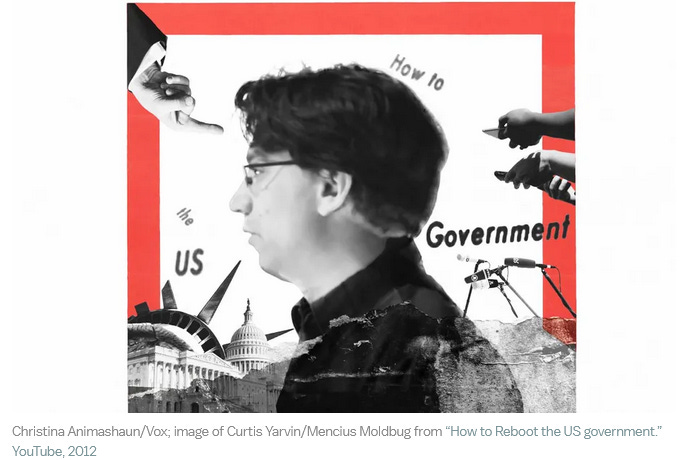

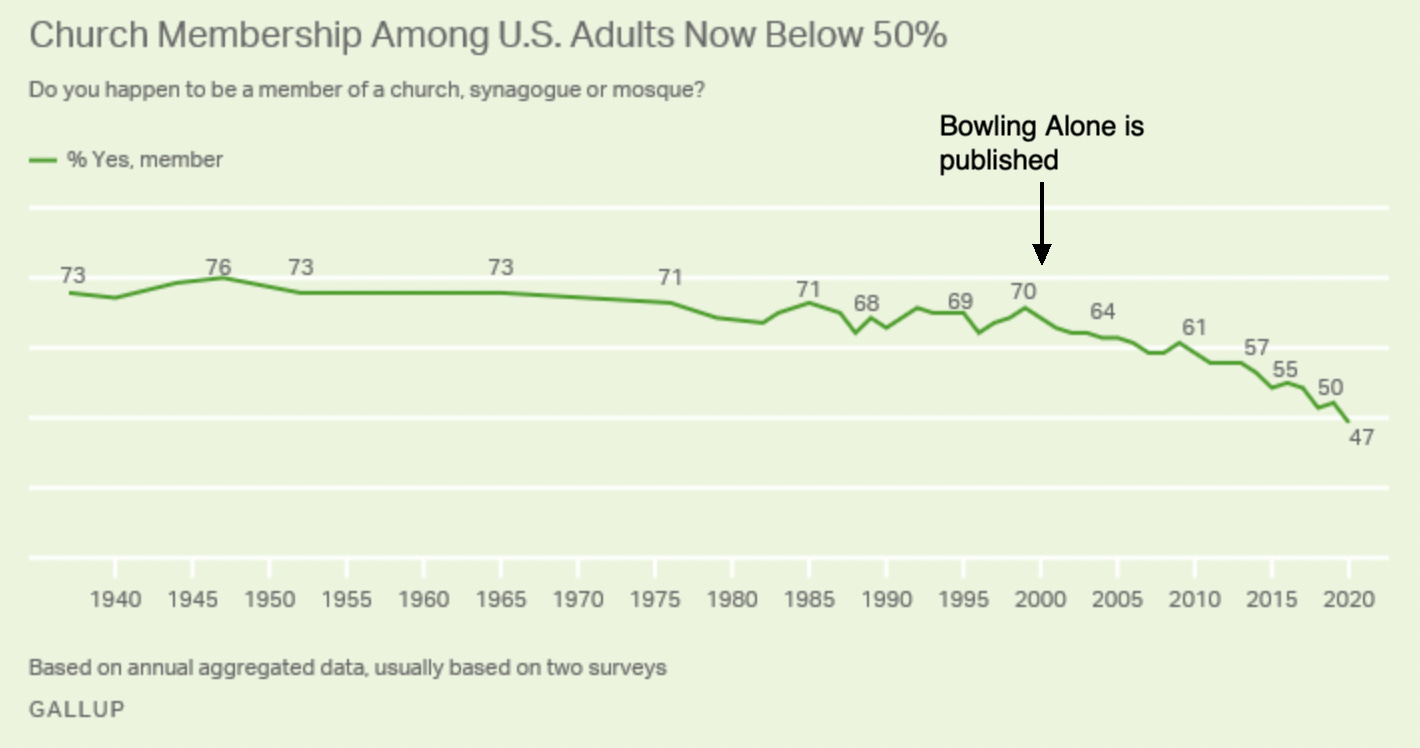
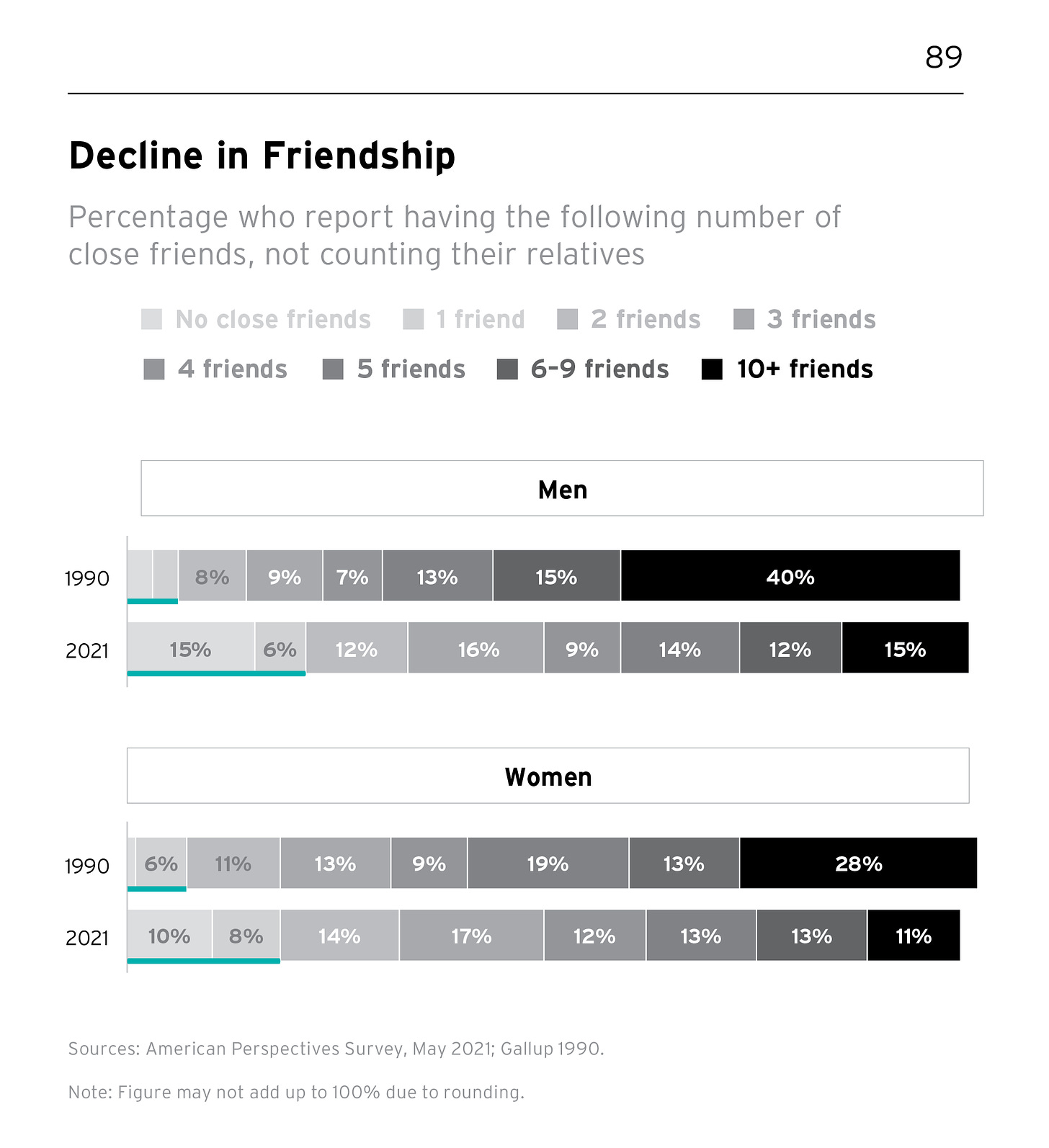

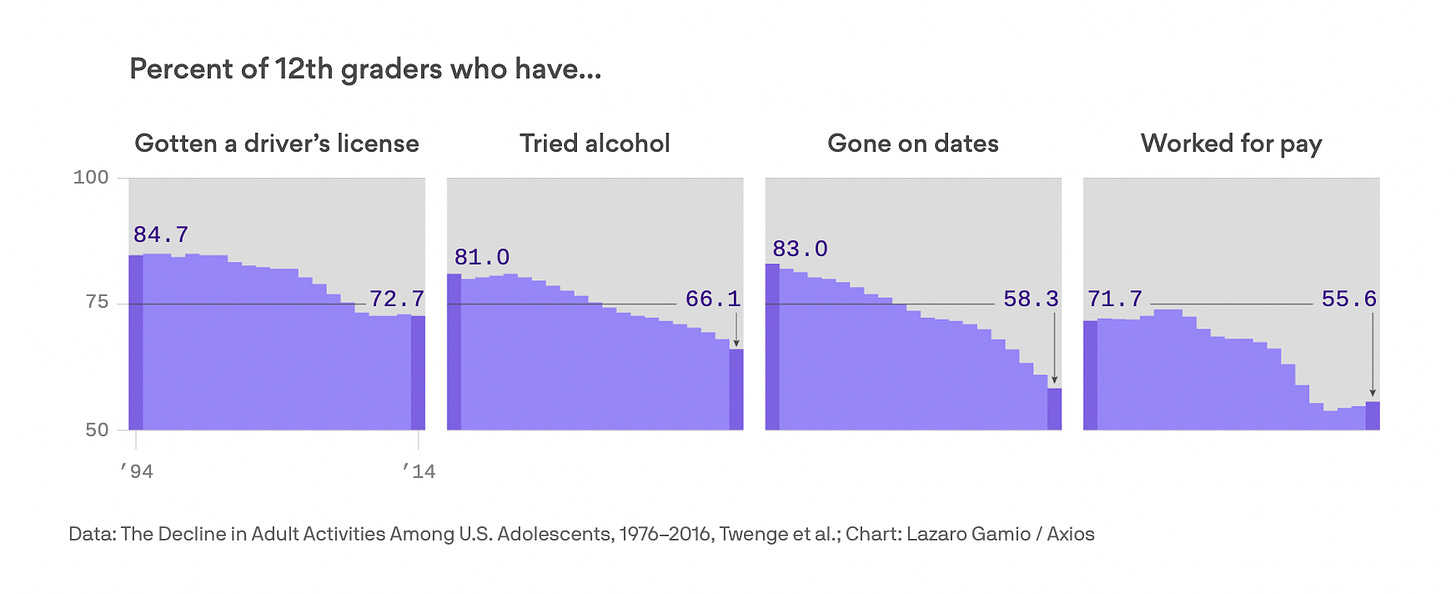
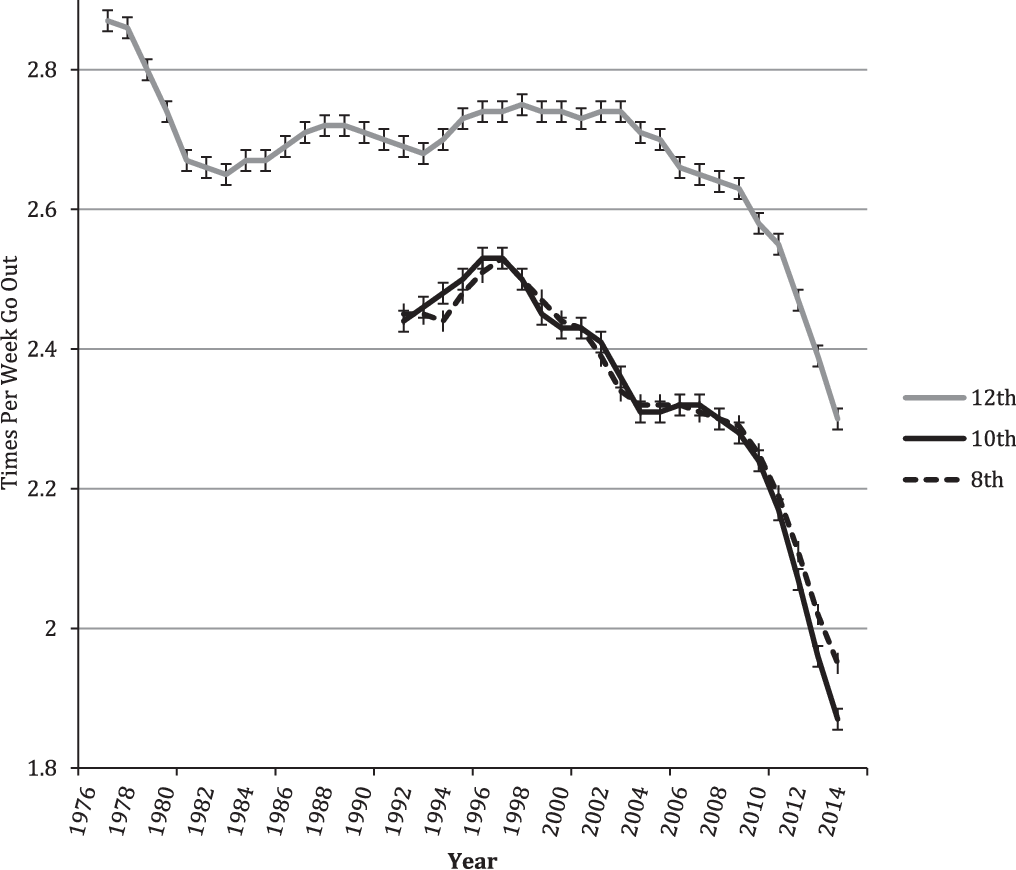
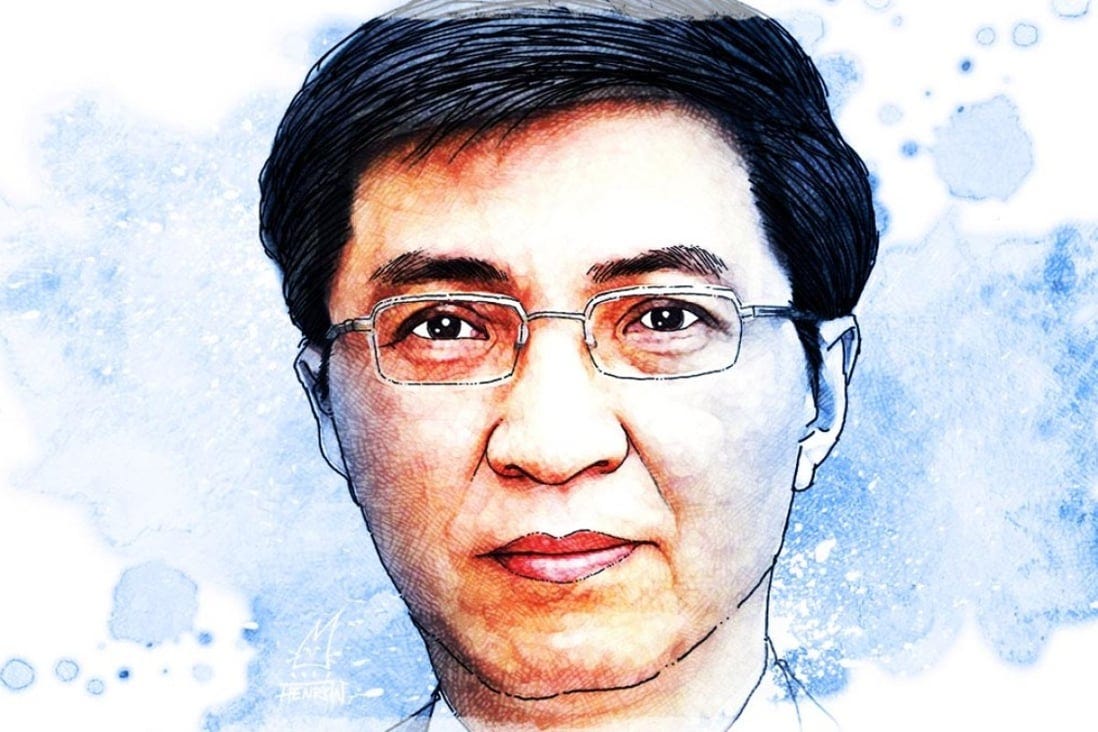
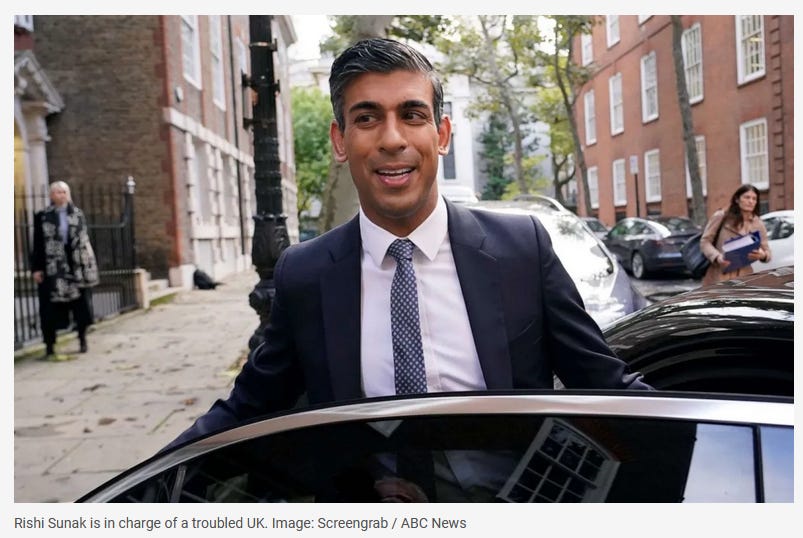

Hit the like button above to like this entry and use the share button to share this across social media.
Leave a comment if the mood strikes you to do so (be nice!), and please subscribe if you haven't done so already.
Moldbug is no more threat to any soft or hard power than any other blogger. He could be advocating for cloning Hitler and making him God Emperor, it would be the same.
It was enlightening for me to revisit the story of Scott Alexander Siskin, also more or less "just a prolific blogger", who was doxed and given the 2-minutes-of-hate treatment by the Megafons of Sauron 2 or so years ago.
He took his blog offline, now it's back.
These people don't even get think tank funding. In Hungary we have more money shoved into "Soros blogs" than all the money given to Western dissident writers together. Our backwater of 10 million worths supporting thousands of paid shills who push the same agenda that you can also get from Netflix anyway, dubbed in Hungarian.
There's something so petty about "investigating" bloggers like Yarvin by media that gets its funding from the DNC or owned by Disney or the Saudis or both.
The underlying death wish, I want you to be under public pressure, fired, blacklisted and to die on the street makes this viciously nasty. Meanwhile, anime avatars on twitter advising the same journos to "learn to code" get the ban immediately, that's somehow more antisocial.